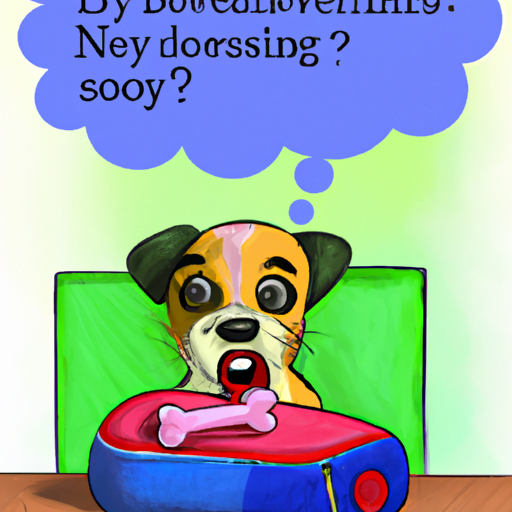Understanding Dog Behavior
You see your canine companion constantly nibbling on their toys. You might wonder if this is normal or if there’s a reason behind it. In fact, dogs have a variety of reasons for this behavior, ranging from instinctive urges to emotional states. Understanding their behavior can offer insights into your dog’s needs and help you cater to them effectively.
The Role of Teething
Just like human infants, puppies also undergo a teething phase. If you notice that your young pet has a particular affinity for nibbling toys, teething could be the reason.
- 0-2 weeks: No teeth
- 2-4 weeks: Deciduous (baby) teeth start coming in
- 12 weeks: Loss of baby teeth begins
- 6 months: All permanent teeth are in place
During this time, their gums may be sore and raw. Nibbling on toys offers relief from the discomfort and also helps in loosening baby teeth. If your puppy exhibits such behavior, ensure to provide them with appropriate teething toys.
Nibbling as a form of Play
Dogs are social creatures, and play is an essential part of their life. Nibbling on toys can be a form of self-amusement or a way to interact with you. Here are a few types of play to be aware of:
- Tug of War: A game of strength, often with a rope or similar toy.
- Fetch: Throwing a toy for your dog to retrieve.
- Chase: Running around with your dog chasing you or vice versa.
- Puzzle Toys: Toys that challenge your dog mentally.
The Need for Mental Stimulation
Dogs are intelligent creatures and need mental stimulation as much as physical exercise. Nibbling on toys, especially puzzle toys, can help keep their brain active and ward off boredom. It’s important to provide your dog with a variety of toys to keep them mentally stimulated.
| Type of Toy | Benefit |
|---|---|
| Puzzle Toys | Mental stimulation |
| Squeaky Toys | Auditory stimulation |
| Chewable Toys | Dental health and relaxation |
Anxiety and Stress
Dogs, like humans, can experience anxiety and stress. Nibbling on toys can act as a coping mechanism for these feelings. If you notice excessive nibbling, it might be worth consulting a vet or a pet behaviorist to identify any underlying issues.
FAQs
Q: How can I stop my dog from destroying their toys?
A: Provide durable toys designed for strong chewers. Monitor playtime to prevent destruction.
Q: Is nibbling harmful for my dog’s health?
A: Unless causing dental damage or your dog is ingesting harmful materials, nibbling is not harmful.
Q: Can nibbling indicate a nutritional deficiency?
A: While rare, excessive nibbling can sometimes indicate nutritional deficiencies. Consult your vet if you suspect this.
Q: How can I ensure the toys I buy are safe?
A: Buy toys from reputable brands, check for small detachable parts, and monitor your dog while they’re playing with new toys.
Remember, understanding your dog’s behavior is a key part of being a responsible and caring pet owner. So pay attention to their nibbling habits and ensure they have a healthy mix of play, stimulation, and comfort.



